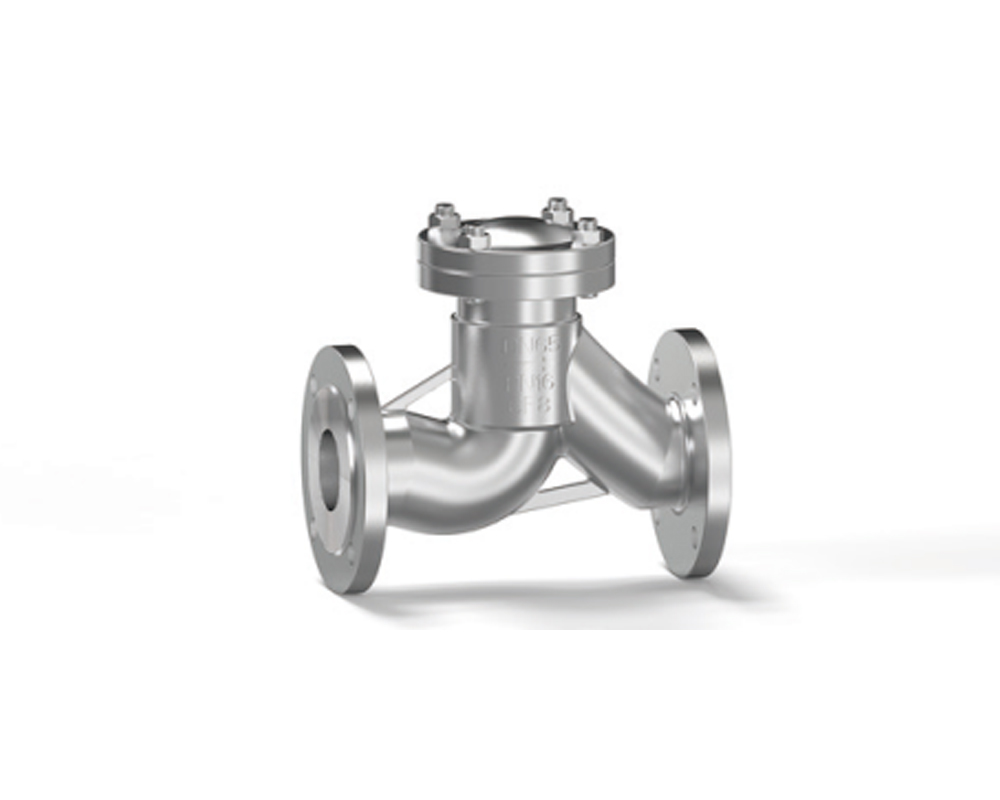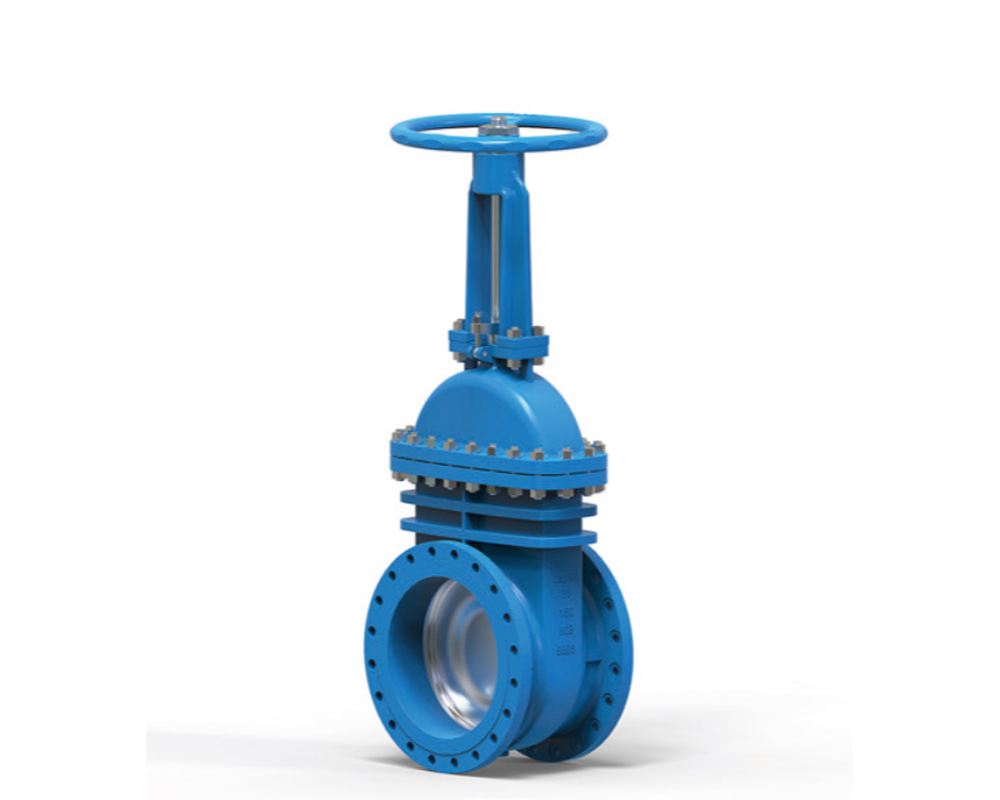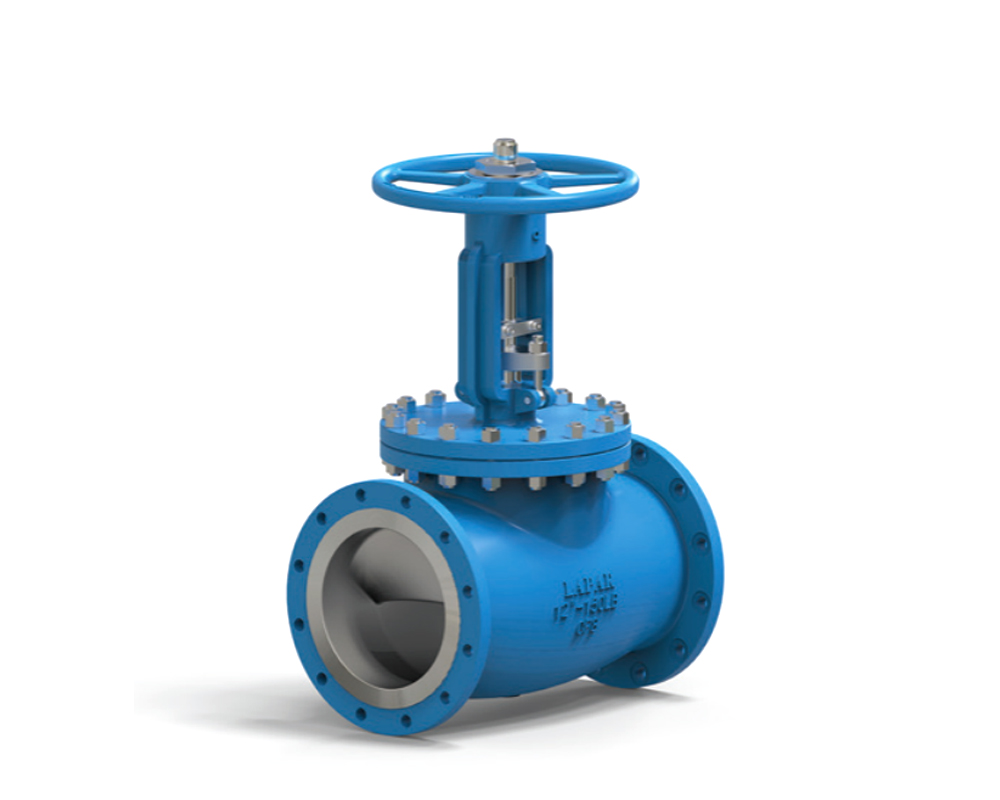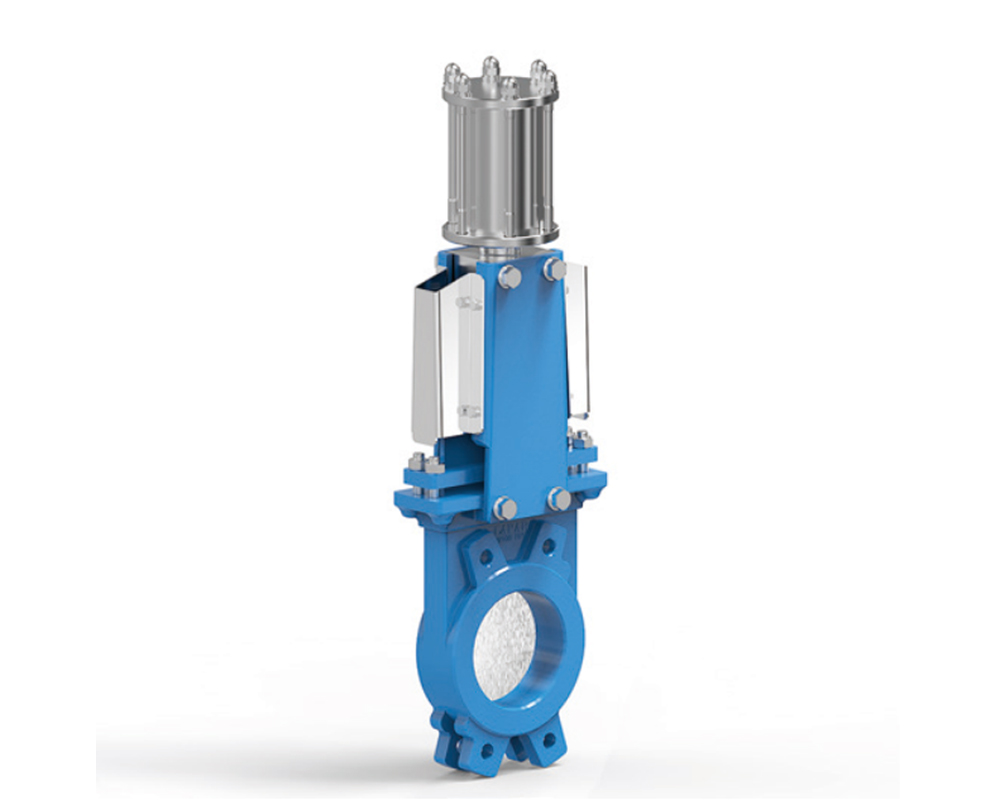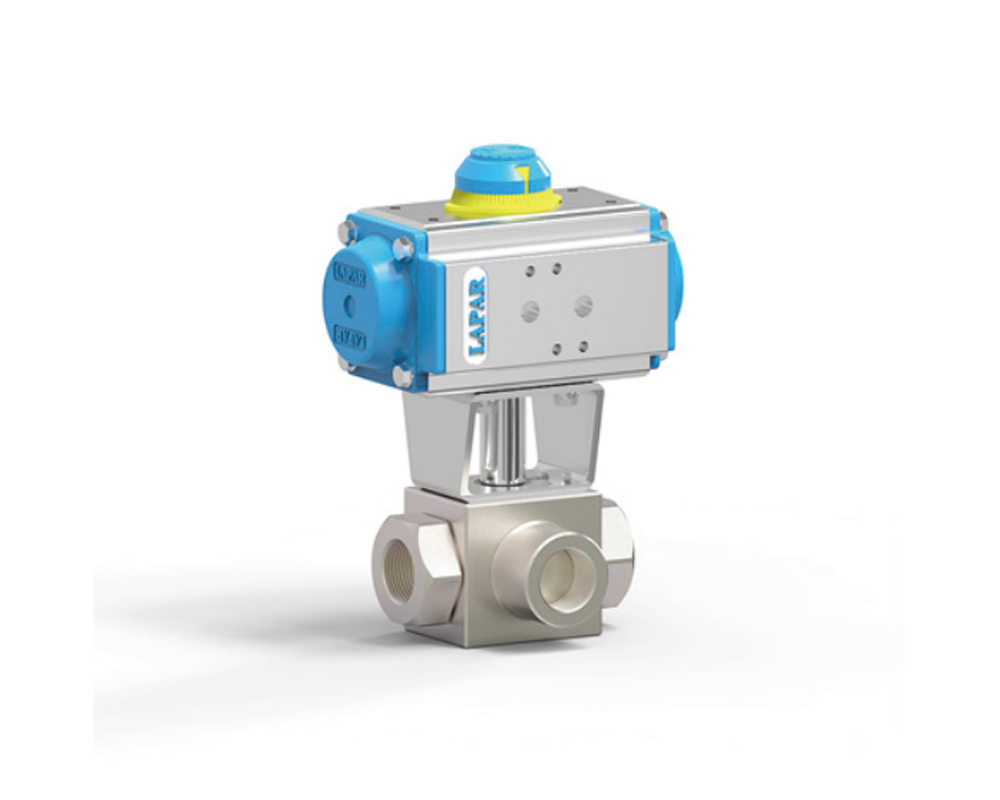-
WhatsApp +8619952575698
-
Address Nantong City, Jiangsu, China
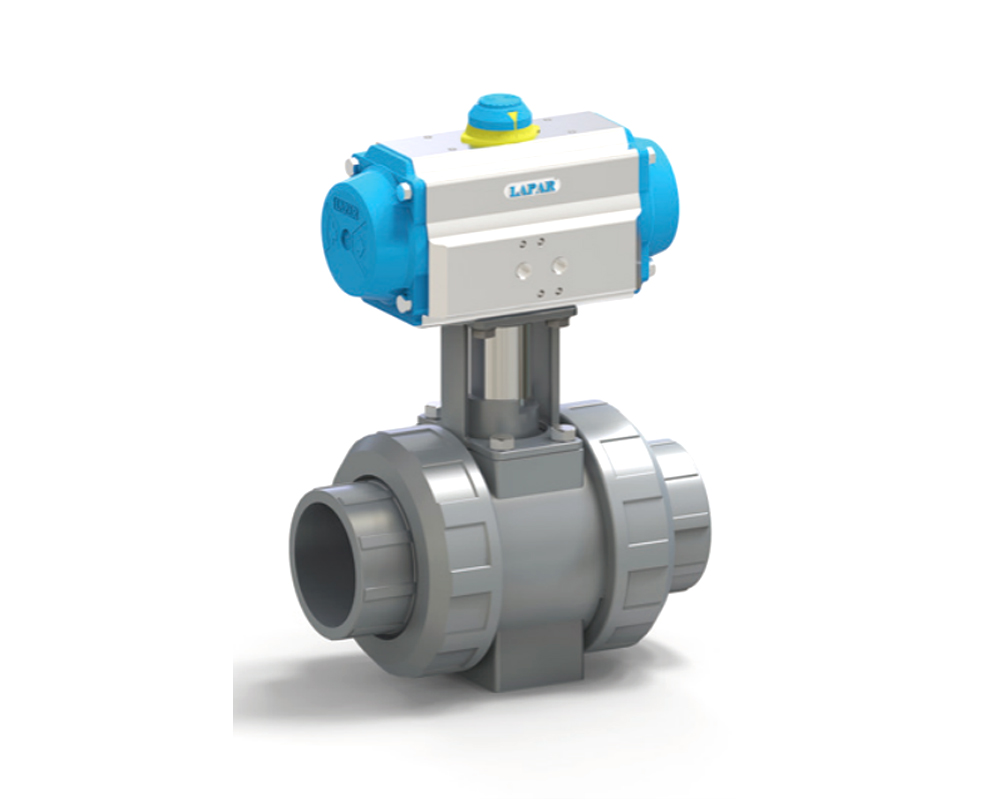
LPD11-Plastic ball valve
Plastic ball valve is a type of valve, mainly used to cut off or connect the medium in the pipeline, and can also be used to regulate and control fluids. It has the following characteristics:
1. Strong corrosion resistance: Plastic ball valves are made of materials such as RPP, PVDF, PPH, CPVC, etc., which have good corrosion resistance and can be used to transport various corrosive media.
2. Small fluid resistance: Plastic ball valves have the smallest fluid resistance among all valve types. Even if they are reduced diameter ball valves, their fluid resistance is quite small.
3. Good adjustment performance: The streamlined design of the plastic ball valve reduces fluid resistance loss and can be used as an energy-saving product.
4. Long service life: The sealing ring of the plastic ball valve is made of F4, which has excellent corrosion resistance, thus extending the service life.
5. Simple structure, small size, light weight: Plastic ball valve has the characteristics of simple structure, small size, light weight, low material consumption, etc., small installation size, and quick opening and closing.
6. Simple maintenance: The plastic ball valve is flexible in rotation and easy to use, and the valve stem is a through-rod structure. After quenching and tempering treatment, it has good comprehensive mechanical properties, corrosion resistance, and scratch resistance. It is fixed with the taper pin of the butterfly plate, and the extended end is designed to prevent the valve stem from collapsing when the connection between the valve stem and the butterfly plate breaks accidentally.
7. Wide range of applications: Plastic ball valves are used in many fields, such as general pure water and drinking water piping systems, drainage and sewage piping systems, salt water and seawater piping systems, acid-base and chemical solution systems, etc. .
Please make sure your contact information is correct. Your message will be sent directly to the recipient(s) and will not be publicly displayed. We will never distribute or sell your personal information to third parties without your express permission.

